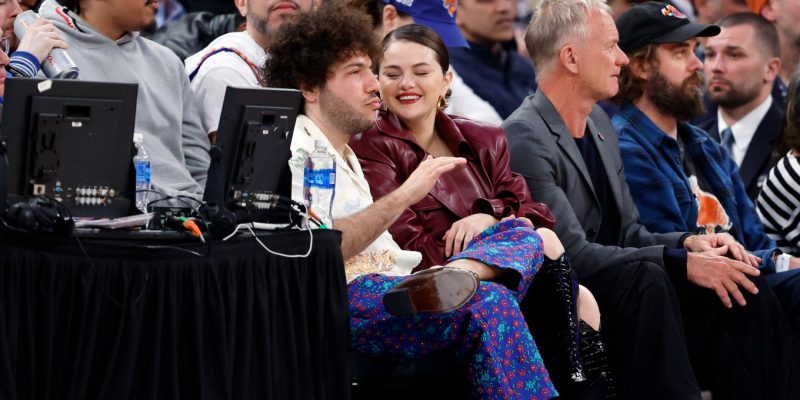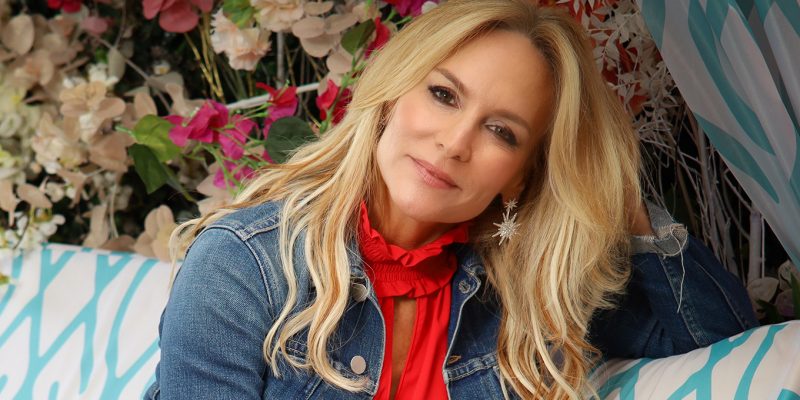VIP
From Criminal Justice to Clinical Care: Dr. Meleeka Clary’s Calling to Help Heal Minds
After dealing with her own mental health issues for many years, Meleeka Clary finally reached a breaking point where she knew she needed to make a change in order to live a fulfilling life. That realization sent her on a circuitous path that culminated in her role as a successful clinical psychologist.

Read Next

Beauty
The Best Met Gala Beauty Looks Of All Time
From Taylor Swift's 'Bleachella' era to Rihanna's iconic 2011 braids, meet the best beauty moments in Met Gala history.

Culture
Benny Blanco Says He Fell in Love With Selena Gomez Without ‘Even Noticing’ It
Allow Benny Blanco to tell the straight-from-a-rom-com story of how he realized his feelings for his girlfriend and longtime friend.

Beauty
Tested and Approved: Your New Hydrating Skincare BFF
This new product has all of your skin’s thirst-quenching needs covered.








